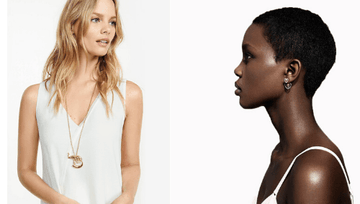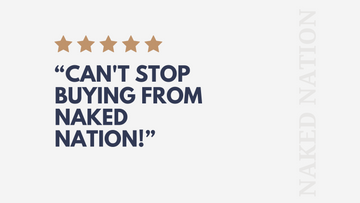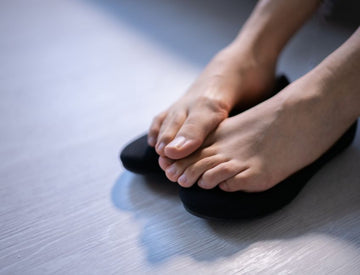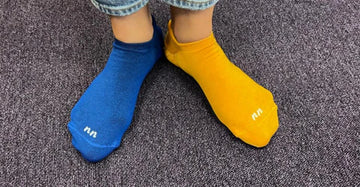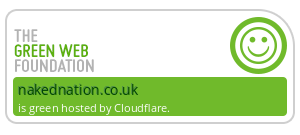For both, women and men being successful in life means hard work and taking on risks in the hope of achieving the results wanted. However, in many economies just finding a job or starting a business can be specially challenging for women, and our chances of success are slightly controlled by social and legal views.
One of the most important periods, which allow us to understand current behaviours towards women within the sustainability industry, is during the Scientific Revolution. The 17th and 18th centuries saw the first awakening interest for improving understanding about nature. But, during these period basic women’s rights was not discussed by any political agenda. The basis of the women’s rights movement started in the 19th century and feminist movement during the 20th century. Some influential female scientists such as Ada Lovelace, Maria Montessori, Emmy Noether and Marie Skłodowska-Curie (who was the first woman to win a Nobel Prize in 1903 in physics and in 1911 in chemistry) were born during this time.
Since then, women’s work has been increasing its deserved recognition and we have seen an increasing number of governments directing their efforts on generating a sounder business environment. Having all these in mind it is quite reasonable to say that equality of gender within science and therefore sustainability strategies is relatively new.
Nevertheless, despite the estimated employment rate of women is not too different from men in the UK with 72.7% and 80.5% respectably; the ‘UK Labour Market Report: April 2020’ showed that only 60% of these women are working as full-time employees. It means that women are less financially stable and with fewer opportunities to show their skills.
Ethnicity, society and policies are some of the reasons that can be attributed to this phenomenon but one of the biggest challenges for women can be our own attitude towards making possible the desirable changes.
As professional women we can educate our partners, our parents, our children and our general society by taking action and breaking with the damaging stereotypes and leading by example. On the other hand, promoting within public and private organisations a more comprehensive strategy that promotes initiatives such as, Parental Leave Policies, in order to generate a more equitable division of parenting responsibilities, giving women the same opportunities for career advancement. Furthermore, restrictions on working hours or industries designed to protect women may end up limiting our ability to get the jobs we want. Policies should be equal for men and women.
As a woman, mum and environmental professional myself I like to believe that we can be successful at everything (women and men) but as Nelson Mandela said: Education is the most powerful weapon which you can use to change the world. Therefore, I am optimistic about learning from our past mistakes and to encouraging future generations to keep searching for answers in the present and keep pushing forward in order to reach an education system based on critical thinking for everyone. So, let’s keep improving our path towards a social equality!
For now I am working towards empowering women in order to find who they are and who they want to be.
When difficulties come to your life there should be a reminder of who you want to be, a little piece within you that reminds you that it's OK to start again, try again, make mistakes again and enjoy your own journey. Find yourself with Reborn Collection by Naked Nation.

Sources: Updated from an article that I wrote for Allen & York UK.
First published at
https://www.allen-york.com/blog/2016/01/modern-womens-role-in-shaping-todays-sustainable-society



